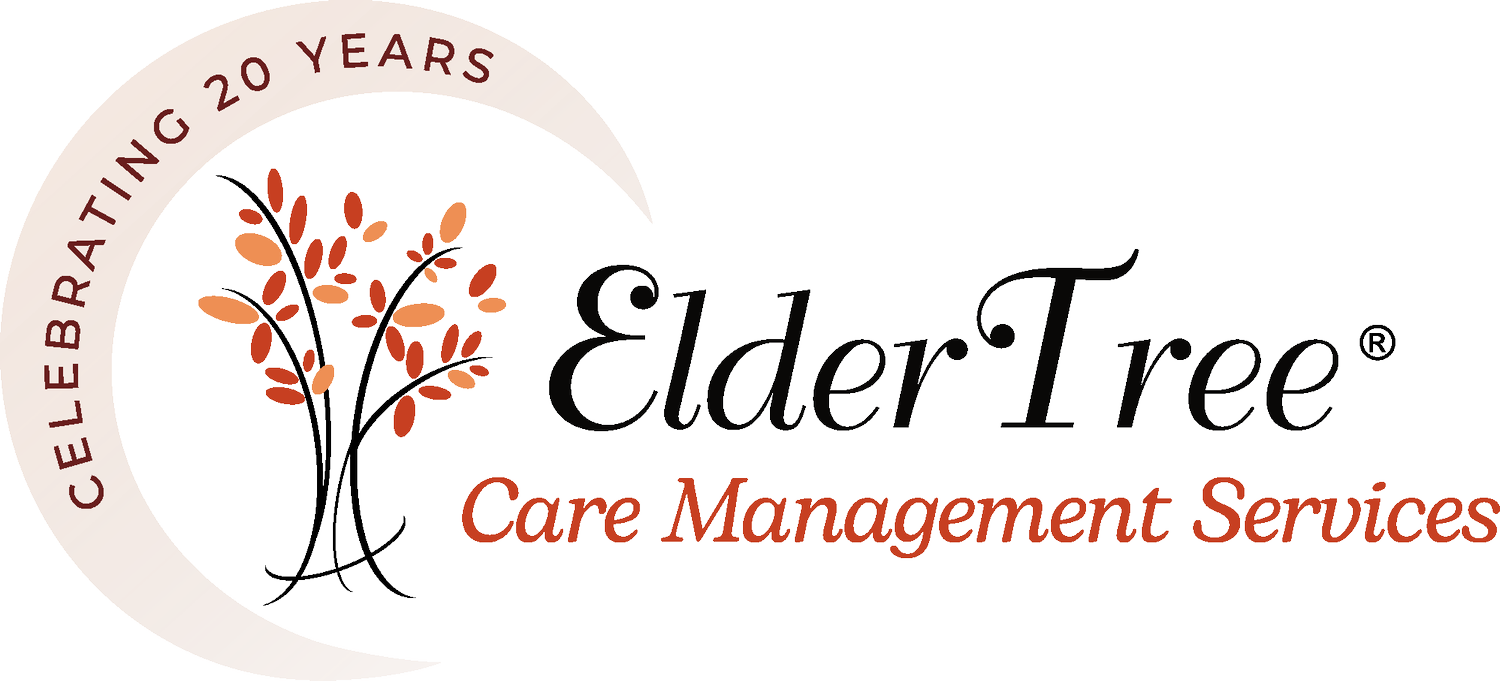How Do I Know It's Time to Explore Senior Care Options?
As our loved ones age, the question of senior care becomes increasingly relevant. Knowing when it's time to explore senior care options can be challenging but is crucial for ensuring the well-being and comfort of our elderly family members. In this article, we'll delve into key signs and considerations that indicate it might be the right time to explore senior care solutions.
Changes in Health and Independence:
One of the primary indicators is noticeable changes in the health and independence of your loved one. Keep an eye out for signs such as difficulty with daily activities, mobility issues, or a decline in overall health.
Safety Concerns at Home:
Safety is paramount, and if you start noticing potential hazards at home, it's a clear signal. Issues like frequent falls, forgetfulness, or struggles with managing medications can pose risks, making it essential to explore senior care options that provide a safer environment.
Increased Caregiver Stress:
Family members often play a crucial role in providing care, but when the responsibilities become overwhelming, it's time to consider additional support. If caregiver stress is affecting your well-being or hindering your ability to provide optimal care, exploring senior care alternatives becomes imperative.
Social Isolation:
Seniors may experience social isolation due to various reasons, such as the loss of a spouse or limited mobility. If you notice your loved one becoming increasingly isolated, senior care options that offer social engagement and companionship can significantly improve their quality of life.
Cognitive Decline:
Conditions like dementia or Alzheimer's can bring about cognitive decline, making it challenging for seniors to manage daily tasks. If memory loss or confusion is impacting their ability to live independently, exploring specialized senior care services becomes essential.
What to do next?
Recognizing when it's time to explore senior care options requires careful observation and consideration of various factors. By staying attuned to changes in health, safety concerns, caregiver stress, social isolation, and cognitive decline, you can make informed decisions that prioritize the well-being of your elderly loved ones.
Download our ElderTree Checklist: We have compiled a helpful checklist to serve as a guide when considering whether or not the services of a professional care manager would be a good choice for a particular situation. Download PDF
Schedule an ElderTree Consultation: If you’re ready to start a conversation or need answers to questions around where to begin, schedule a 30-min consultation with us today. Book Your Consult Today
Remember, exploring senior care options is not just about addressing challenges; it's about enhancing the overall quality of life for seniors and providing them with the support and care they deserve.

